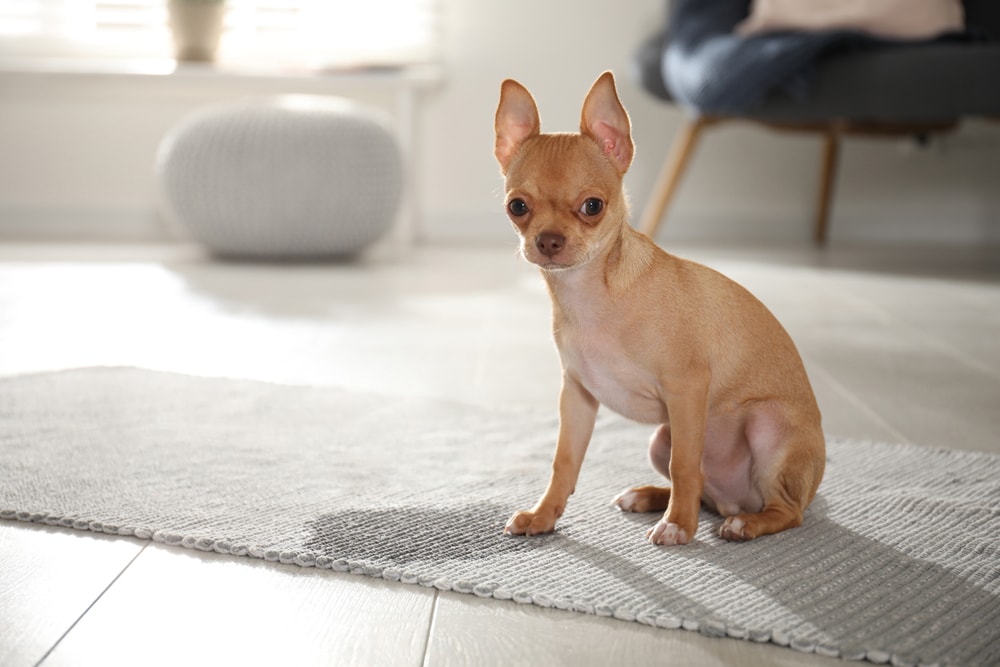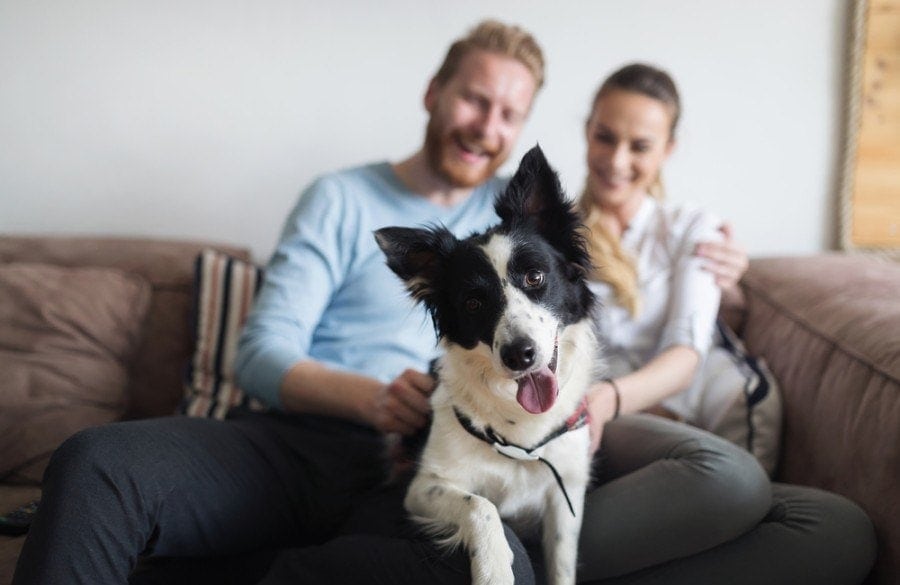Are Retired Racing Greyhounds Good Pets? Temperament & Personality Traits
Updated on
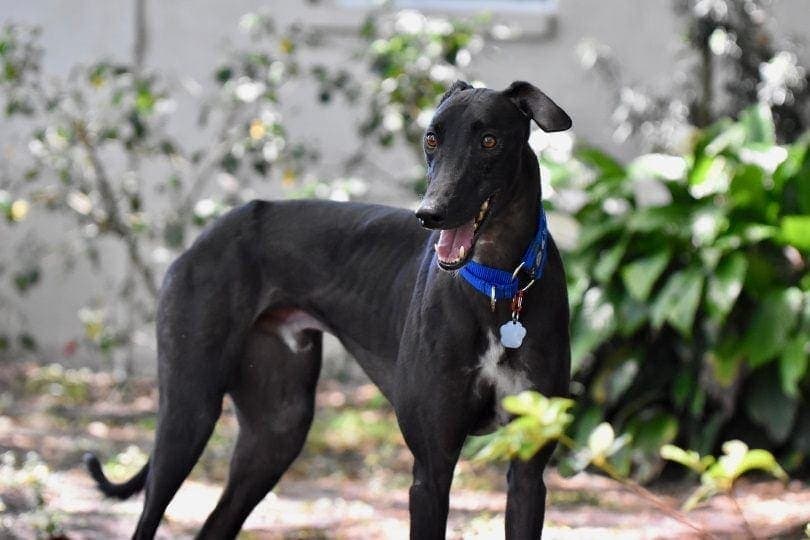
Greyhounds are exceptionally elegant dogs, and if you’ve ever passed someone walking one down the street, you probably caught yourself turning to look. These dogs are more than beautiful, though. They are extremely athletic and instinct-driven, making them excellent dogs for racing.
Originally, they were bred for hunting purposes, but their speed combined with hunting no longer being necessary for food means that many Greyhounds are bred for dog racing purposes. After they have reached the end of their racing career, these retired racers are often taken in by breed-specific rescues and adopted out as pets. Do they make good pets, though? Yes, they can be great pets, but there are some special considerations that you need to be aware of.
Are Retired Racers Good Pets?
Retired racing Greyhounds can make exceptional pets! Greyhounds are bred to be gentle, sweet, quiet, and mild-mannered dogs. All of these traits translate well into homes, even homes with children. When it comes to retired racers, there are special considerations you won’t have when you bring home a puppy from a breeder.
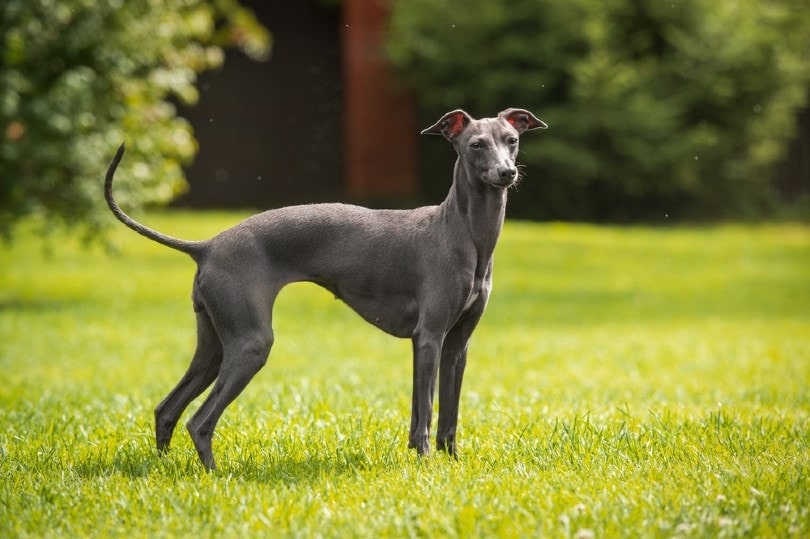
Special Considerations for Retired Racers
Oftentimes, racing Greyhounds aren’t socialized and exposed to the world in the same way that a pet dog might be. It’s not uncommon for these dogs to be adopted into homes as pets, only to not understand how to use the stairs or to be frightened by the ceiling fan. There is an adjustment period for a retired racing dog, and this does require patience and a willingness to help your new dog build confidence as they work through a world they aren’t used to.
Dogs are resilient creatures, so retired racing Greyhounds do adjust to their new home environments, usually pretty quickly. This does take support and patience on the part of everyone in the household, though. Your dog won’t build confidence and learn how to feel safe in uncomfortable and unfamiliar environments without your support.
Do They Need Lots of Space?
Not only are Greyhounds large dogs but retired racing dogs have also spent their entire lives running. You might think that this means they need to be kept in a home with a large yard, but the good news is that the Greyhound is a highly adaptive breed. Not only are they adaptive, but they are known to be major couch potatoes!
While your retired racer will probably make a good jogging buddy, or they may enjoy a trip to a fenced area where they can run, most Greyhounds are perfectly happy in homes without yards. Just make sure to provide your dog with plenty of daily exercise. This will help reduce behavioral problems brought on by stress and boredom, as well as keep your dog fit. Although not especially prone to obesity, any dog can become overweight when overfed and not provided with enough activity.
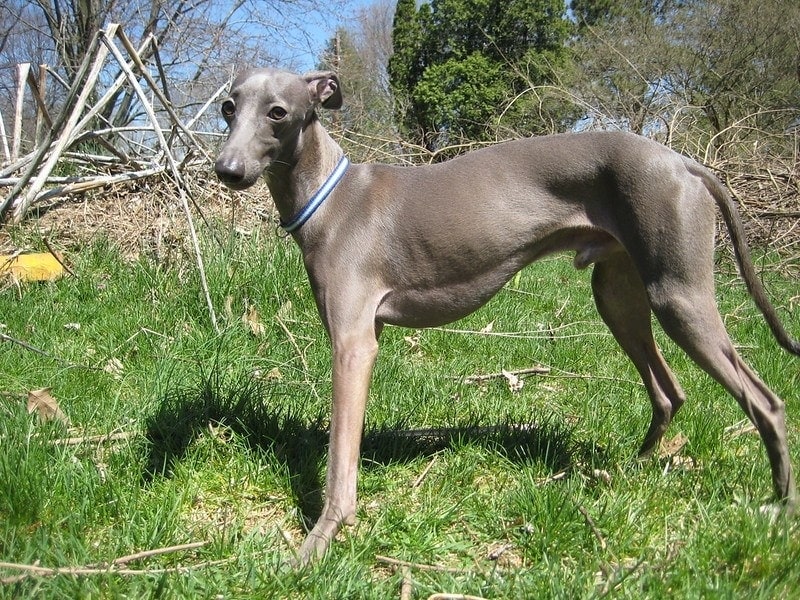
In Conclusion
Retired racing Greyhounds can be fantastic pets, but some of them do come with some “baggage” that requires patience and understanding to work through. These dogs are often unfamiliar with items and situations of normal home life, so be prepared to help your dog work through any confusion or fear that comes with new situations. The adaptive Greyhound will adjust with your help, and these dogs make excellent pets thanks to their loving, gentle, loyal, and calm demeanor.
Featured Image Credit: Akiko Campbell, Pixabay



